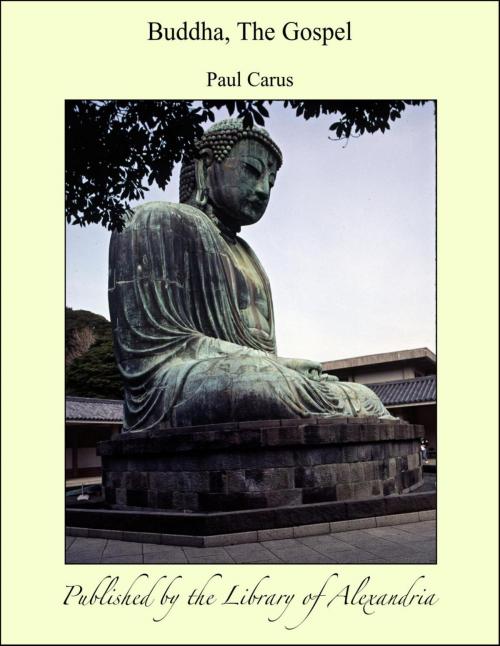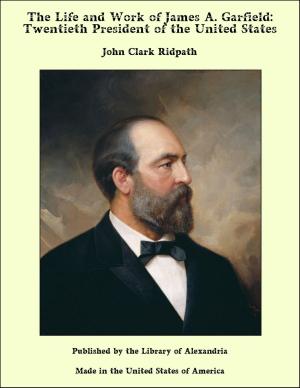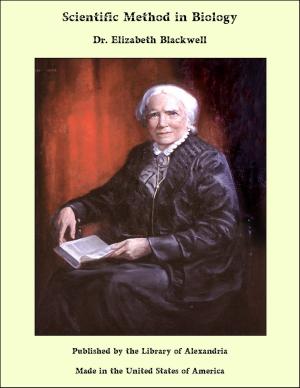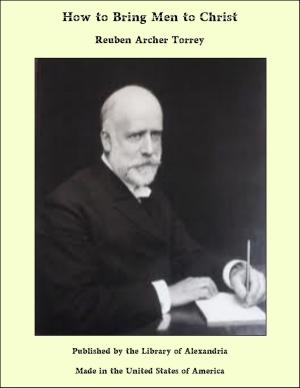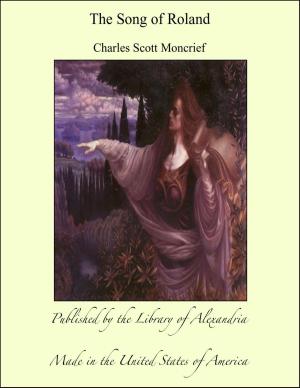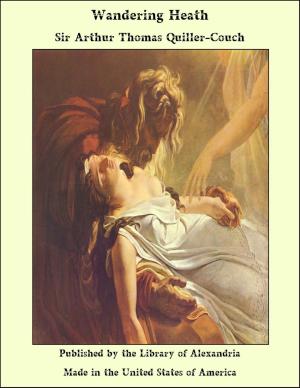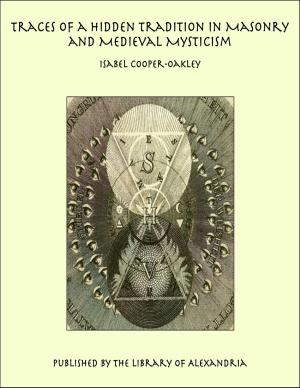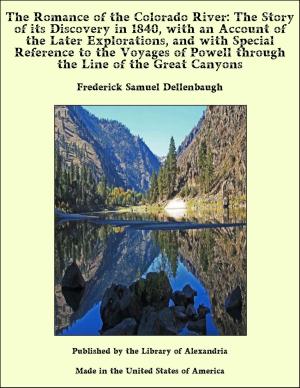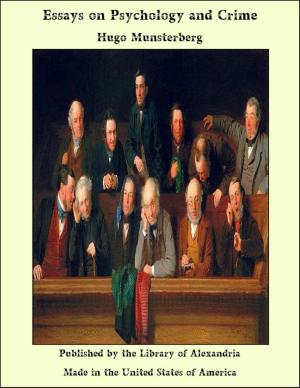| Author: | Paul Carus | ISBN: | 9781465573025 |
| Publisher: | Library of Alexandria | Publication: | March 8, 2015 |
| Imprint: | Language: | English |
| Author: | Paul Carus |
| ISBN: | 9781465573025 |
| Publisher: | Library of Alexandria |
| Publication: | March 8, 2015 |
| Imprint: | |
| Language: | English |
This booklet needs no preface for those who are familiar with the sacred books of Buddhism, which have been made accessible to the Western world by the indefatigable zeal and industry of scholars like Beal, Bigandet, Buehler, Burnouf, Childers, Alexander Csoma, Rhys Davids, Dutoit, Eitel, Fausboell, Foucaux, Francke, Edmund Hardy, Spence Hardy, Hodgson, Charles R. Lanmann, F. Max Mueller, Karl Eugen Neumann, Oldenberg, Pischel, Schiefner, Senart, Seidenstuecker, Bhikkhu Nyanatiloka, D. M. Strong, Henry Clarke Warren, Wasselijew, Weber, Windisch, Winternitz & c. To those not familiar with the subject it may be stated that the bulk of its contents is derived from the old Buddhist canon. Many passages, and indeed the most important ones, are literally copied in translations from the original texts. Some are rendered rather freely in order to make them intelligible to the present generation; others have been rearranged; and still others are abbreviated. Besides the three introductory and the three concluding chapters there are only a few purely original additions, which, however, are neither mere literary embellishments nor deviations from Buddhist doctrines. Wherever the compiler has admitted modernization he has done so with due consideration and always in the spirit of a legitimate development. Additions and modifications contain nothing but ideas for which prototypes can be found somewhere among the traditions of Buddhism, and have been introduced as elucidations of its main principles.
This booklet needs no preface for those who are familiar with the sacred books of Buddhism, which have been made accessible to the Western world by the indefatigable zeal and industry of scholars like Beal, Bigandet, Buehler, Burnouf, Childers, Alexander Csoma, Rhys Davids, Dutoit, Eitel, Fausboell, Foucaux, Francke, Edmund Hardy, Spence Hardy, Hodgson, Charles R. Lanmann, F. Max Mueller, Karl Eugen Neumann, Oldenberg, Pischel, Schiefner, Senart, Seidenstuecker, Bhikkhu Nyanatiloka, D. M. Strong, Henry Clarke Warren, Wasselijew, Weber, Windisch, Winternitz & c. To those not familiar with the subject it may be stated that the bulk of its contents is derived from the old Buddhist canon. Many passages, and indeed the most important ones, are literally copied in translations from the original texts. Some are rendered rather freely in order to make them intelligible to the present generation; others have been rearranged; and still others are abbreviated. Besides the three introductory and the three concluding chapters there are only a few purely original additions, which, however, are neither mere literary embellishments nor deviations from Buddhist doctrines. Wherever the compiler has admitted modernization he has done so with due consideration and always in the spirit of a legitimate development. Additions and modifications contain nothing but ideas for which prototypes can be found somewhere among the traditions of Buddhism, and have been introduced as elucidations of its main principles.
